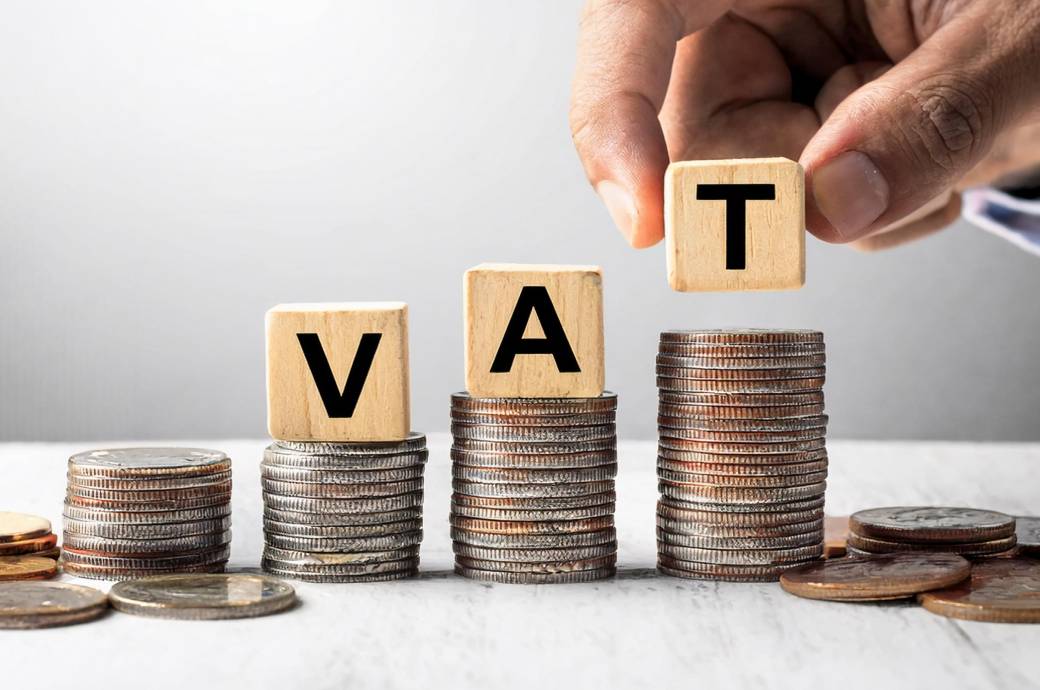
Such a rate would bring transparency in the overall revenue management, reduce cost of doing business and have a positive impact on the manufacturing sector, it noted.
At present, the standard VAT rate is 15 per cent across the board, but its different slabs for various sectors posed difficulties for traders and led to disputes in many cases. Besides, many traders are bearing the burden of additional tax due to non-availability of input tax rebate benefit, the chamber said.
The proposal was part of the chamber’s budget proposals submitted by its president Taskeen Ahmed to National Board of Revenue chairman Mohammad Abdur Rahman Khan, domestic media outlets reported.
Forty two budget proposals were placed by DCCI related to widening tax net and setting a target of revenue collection, reducing tax rates, introducing business-friendly tax policies and automation of revenue system, reforming VAT management, protecting local industries and manufacturing sectors, simplifying import duty, tariff system and tax structure for the individuals.
DCCI also called for introducing an automated tax return system to facilitate corporate entities to file their tax returns online.
It requested raising the tax-free income limit for the individuals from taka 350,000 to taka 500,000.
In addition, DCCI proposed gradual reduction of advance tax at the import level for commercial importers and gradual phasing out of the existing advance tax for the manufacturers at the import level.
Traders have to pay more customs duty than the actual import price due to the difference between the tariff value set by the customs authority and the market price, which is increasing the business cost as well as making the import process complicated and expensive, DCCI added.
In this regard, Ahmed proposed to impose a fixed rate of customs duty instead of tariff value set by the customs authority.
ALCHEMPro News Desk (DS)
Receive daily prices and market insights straight to your inbox. Subscribe to AlchemPro Weekly!